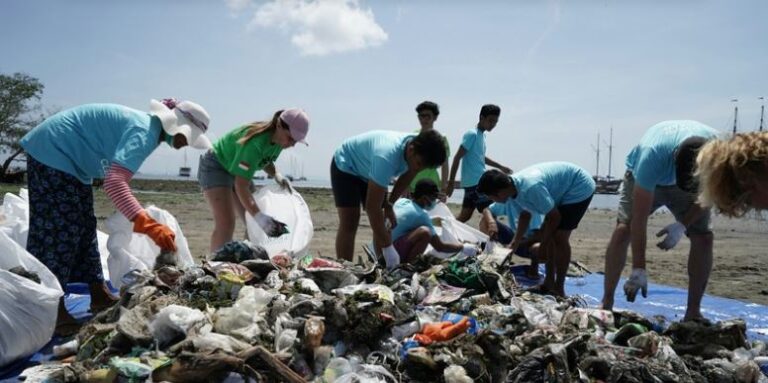On July 5, 2024, the United Nations (UN) launched a new global initiative aimed at combating the growing issue of plastic pollution, which has become one of the most pressing environmental challenges worldwide. The initiative, called the Global Plastics Clean-Up Act, was announced at the UN’s headquarters in New York City, with support from governments, environmental groups, and industry leaders.
The initiative focuses on three core strategies: reducing plastic production, improving waste management, and encouraging global cooperation on policy and technological innovations. As part of the launch, UN Secretary-General António Guterres called plastic pollution “one of the most significant environmental threats we face,” highlighting its devastating impact on oceans, wildlife, and ecosystems. “Plastics are choking our planet and harming generations to come,” Guterres said. “We have the power to reverse this trend, but only if we act together, with urgency and determination.”
Key players in the initiative include major corporations, such as Coca-Cola and Unilever, which have pledged to reduce their plastic packaging and increase the use of recyclable materials. The initiative also has strong backing from environmental organizations like Greenpeace and the World Wildlife Fund (WWF), both of which have been campaigning for years to raise awareness of the dangers of plastic waste.
The Global Plastics Clean-Up Act aims to phase out single-use plastics and reduce plastic production by 30% by 2030. It encourages countries to adopt comprehensive recycling programs and implement waste management solutions that keep plastics out of landfills and oceans. Additionally, the initiative calls for an international agreement to hold multinational corporations accountable for the waste they generate, particularly in developing countries that often bear the brunt of plastic pollution.
At the launch event, United States Secretary of State Antony Blinken addressed the importance of a united global response to the issue. “This is a global problem that requires a global solution,” Blinken stated. “By working together, we can tackle plastic pollution at its source, reduce our environmental footprint, and build a more sustainable future for all.”
Experts warn that if left unchecked, plastic pollution could lead to irreversible damage to marine life, with millions of tons of plastic waste entering the ocean each year. Studies show that plastic debris harms sea animals through ingestion and entanglement, while microplastics have infiltrated the food chain, affecting human health as well.
Governments across the world have committed to addressing plastic waste, with several nations already implementing bans on single-use plastic bags and straws. The UN’s initiative seeks to expand these efforts globally, setting clear targets for the reduction of plastic waste and enhancing the global economy’s transition toward a circular economy, where materials are reused rather than discarded.
The Global Plastics Clean-Up Act has been hailed as a milestone in the fight against plastic pollution, and environmental advocates are optimistic that it will inspire further action to protect the planet’s oceans and ecosystems from the devastating impacts of plastic waste.



